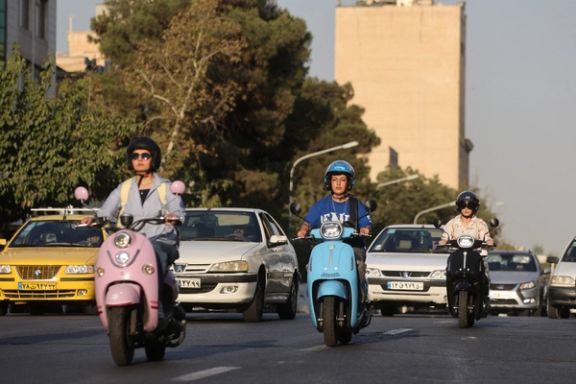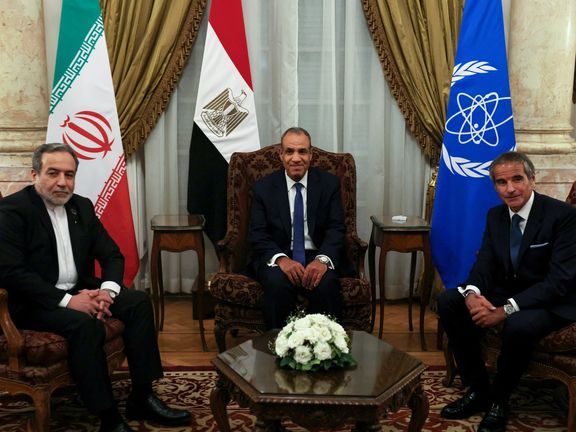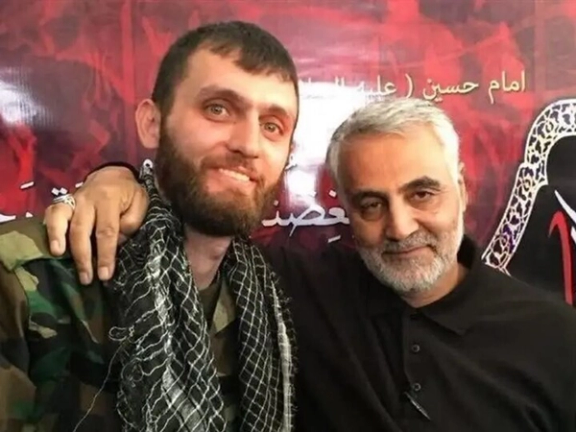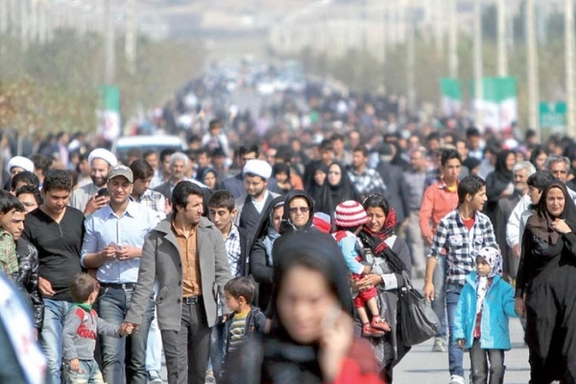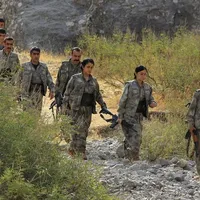In response to an Iran International request for submissions at the start of the new school year, Iranians submitted audio, text and video messages describing their concerns.
A recurring theme was the so-called “voluntary support” or enrollment fees in public schools—charges that schools make a condition for school attendance.
“My son has straight A’s and was accepted into a NODET school with flying colors, but I can't afford 2 billion rials for his tuition,” one message said. “The Iranian government is stripping away our children’s right to education.”
Gifted students who pass the National Organization for Development of Exceptional Talents (NODET) exams can technically apply for tuition waivers if they cannot cover the costs.
Since 2023, the government has also promised tuition-free education for disadvantaged students, covering registration and other expenses. But parents say the reality is far different.
Another parent reported that public schools refused to enroll their child unless tuition was fully paid. “Due to joblessness and financial pressure, I still haven’t been able to enroll my child,” they said.
Some families even shared their children’s transcripts, noting that despite top grades, schools demanded steep enrollment fees. “My child tops every grade, yet the school demands 140 million rials ($137),” one parent said. “This clearly predicts a brain drain for our gifted students.”
A family in Ahvaz described wide variations in preschool and high school fees. “For high school, they demanded 150 million rials ($148), and one school asked for 350 million rials ($346). For preschool, they required an initial 16 million rial form fee, then 80 million rials ($79) for enrollment, plus 23 million rials ($22) for stationery.”
Some parents highlighted new obstacles, including compulsory preschool attendance. “Preschool isn’t mandatory, but when registering my son for first grade, they said he must attend preschool for a month with payment. The principal said it’s enough to pay, even if he attends just one session,” one parent wrote.
Others reported coercive practices. “My son goes to a public school. In June, before receiving his report card, they demanded 25 million rials per student for the new year. Without payment, next year’s registration wouldn’t proceed, and they withheld the report card,” a parent said.
Islamic dress code for girls
Families with daughters also face higher costs due to mandatory uniforms that comply with Islamic dress codes.
“The uniform for girls costs about 10 million rials ($9), and we paid 130 million rials ($128) for school transportation. Additional fees are charged throughout the year,” another parent said.
University tuition has followed a similar trajectory, rising sharply in recent semesters. “In previous semesters, I paid 32 million rials ($31) for 19 units, but now they want 70 million rials ($69) for 20 units. In this economic situation, it’s nearly impossible,” one student said.
A student in Mashhad reported that tuition at Azad University had increased by at least 70% compared to the previous semester. “The academic year at Azad University began with a major shock.
Students faced heavy costs for course registration. In humanities and arts, tuition has risen three to five times,” said Samira Rahi, a journalist in Turkey. “Many students have had to take a leave of absence or drop out due to these costs.”
Globally, countries allocate about 5% of GDP to education. Iran spends just 2.93% (2023), compared with the global average of 4.4%, according to The Global Economy, an online data resource.

